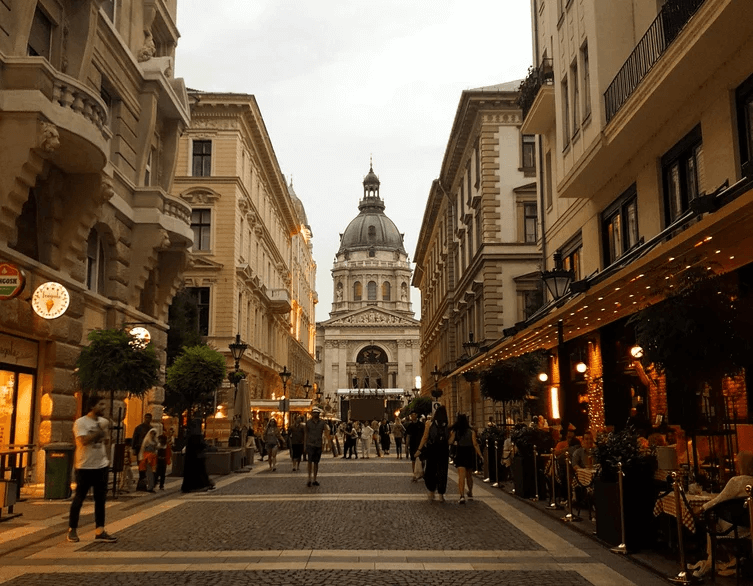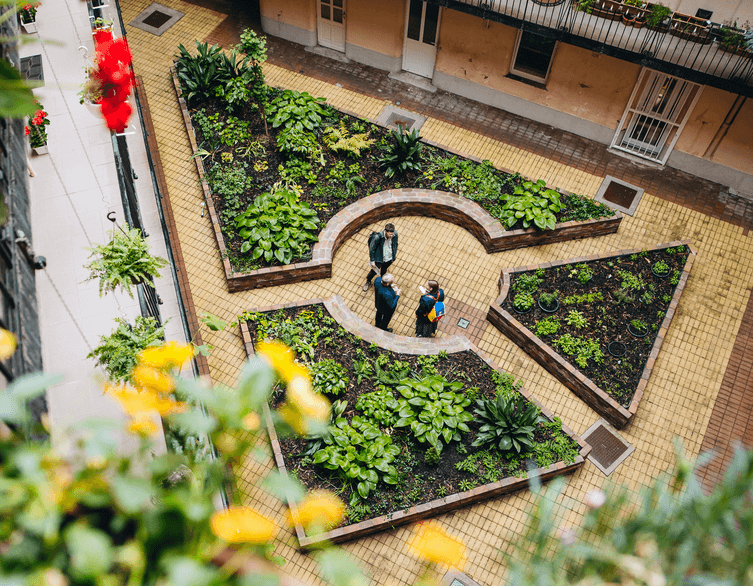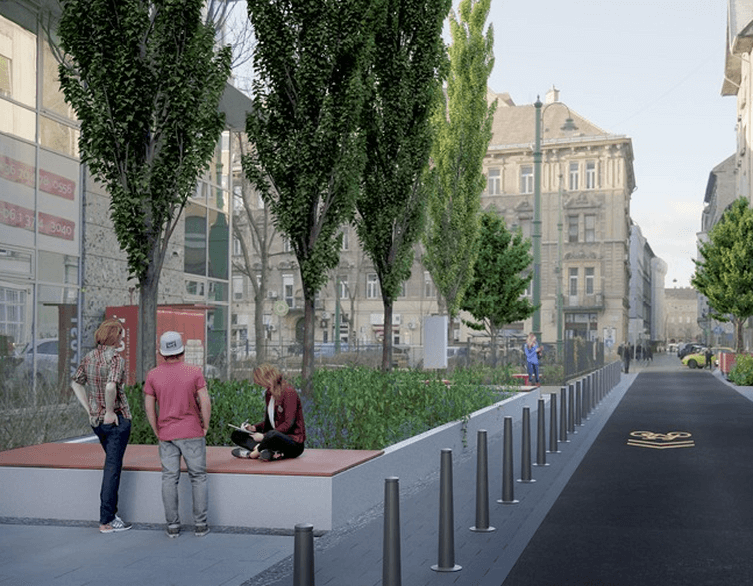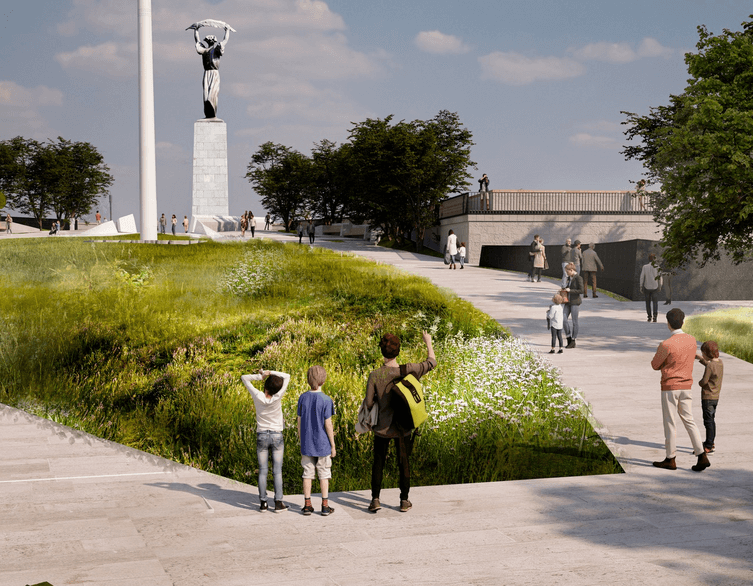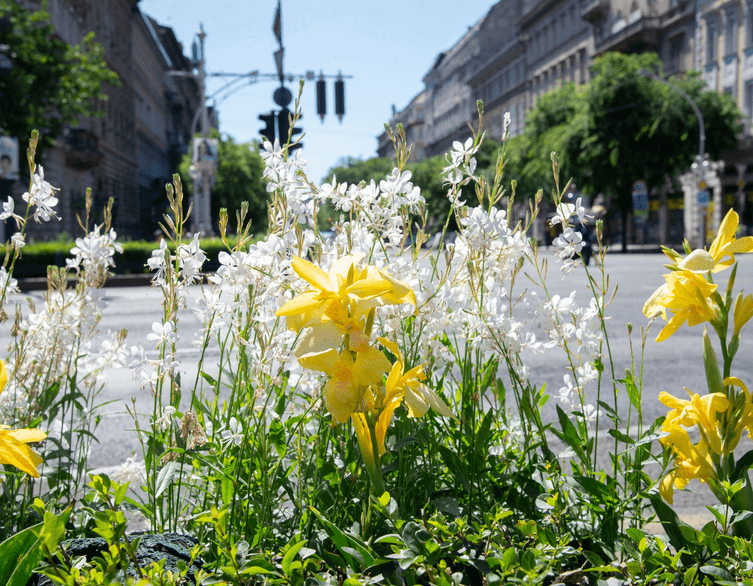Budapest’s Green Revolution: A Path to Climate Neutrality
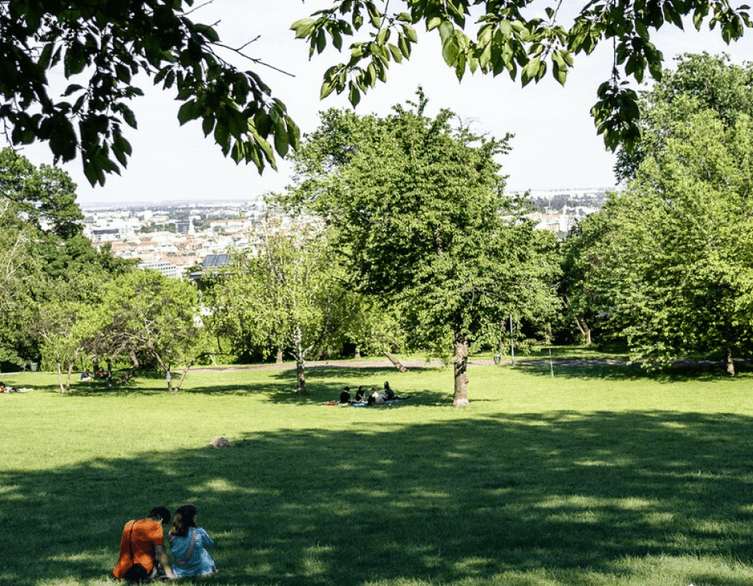
In the heart of Hungary, Budapest is embarking on an ambitious journey towards a greener, more sustainable future. As part of the European Union’s “100 Climate Neutral and Smart Cities” initiative, the Hungarian capital has committed to achieving climate neutrality by 2030. This bold move places Budapest at the forefront of urban environmental innovation, setting an example for cities across Europe and beyond.
The Green Transformation of Budapest
Urban Greening Initiatives
Budapest’s commitment to environmental sustainability is evident in its extensive urban greening efforts. In 2024, the city made significant strides in expanding its green spaces:
- Over 2,100 new trees were planted across the city
- Urban forests were enriched with 8,000 saplings
- 12,500 perennials and 118,000 annual plants were added to green areas
- 7,500 trees received care, with efforts made to save older trees
- The BP Fatár database now includes 380,000 m² of green areas and nearly 38,000 trees
These initiatives not only enhance the city’s aesthetic appeal but also play a crucial role in improving air quality and mitigating the urban heat island effect, which is becoming increasingly important as climate change intensifies.
Best deals of Budapest
Community Involvement and Budgeting
Budapest’s approach to greening is not just top-down; it actively involves its citizens. The city has implemented a participatory budgeting process, allocating 1 billion forints for community-driven urban development projects. Citizens can submit their ideas for green initiatives under the “Green Budapest” category, fostering a sense of ownership and engagement in the city’s environmental efforts.
Climate Agency and the Budapest CARES Project
A cornerstone of Budapest’s climate strategy is the establishment of a Climate Agency. This agency, created as part of the Budapest CARES (Climate Action for the Resilient Energy System) project, will play a pivotal role in supporting residential energy efficiency upgrades. Its responsibilities include:
- Providing advice and information to residents and businesses on energy efficiency investments
- Developing financing solutions in collaboration with financial institutions
- Coordinating pilot projects to demonstrate best practices
- Strengthening community participation in decision-making processes
The Green Panel Program
One of the most significant initiatives launched by the Climate Agency is the Budapest Green Panel Program. This program aims to address a critical issue: nearly 40% of carbon dioxide emissions in Budapest come from residential buildings, with the vast majority of residents living in energy-inefficient apartment buildings.
The Green Panel Program will focus on renovating multi-apartment buildings constructed using industrial technology. The city is creating a 5 billion forint non-refundable support fund in collaboration with participating district municipalities. This initiative is crucial, as previous national support for such renovations has been minimal in the past decade.
Challenges and Opportunities
Despite the ambitious plans, Budapest faces several challenges:
- Residents often overestimate the condition of their properties and lack awareness of their true energy characteristics
- Low energy prices due to government subsidies have reduced motivation for renovations
- Recent inflation has shifted priorities away from long-term investments
- Only about a third of property owners see the need for energy renovations, with only one in ten willing to pay for them
However, these challenges also present opportunities for education and awareness campaigns. The Climate Agency will need to focus on informing residents about the long-term benefits of energy efficiency upgrades, both for their personal finances and the environment.
Looking Ahead: Budapest’s Climate Neutral Future
As Budapest moves forward with its climate neutrality goals, several key areas will be crucial:
- Building Renovations: Continuing and expanding programs like the Green Panel Program to improve the energy efficiency of the city’s building stock.
- Sustainable Transportation: Developing and implementing plans for greener public transport, including electric and hydrogen-powered vehicles, and promoting cycling and walking.
- Green Energy Transition: Increasing the use of renewable energy in municipal buildings and public services, with a focus on solar and geothermal energy.
- Urban Green Spaces: Further expanding and maintaining urban forests and parks to improve air quality and reduce the urban heat island effect.
- Community Engagement: Continuing to involve citizens and civil organizations in the decision-making process and implementation of green initiatives.
Budapest’s journey towards climate neutrality is an ambitious undertaking that will require sustained effort, innovation, and collaboration between the government, businesses, and citizens. As the city progresses, it has the potential to become a model for sustainable urban development, not just in Hungary, but across Europe and the world.
By addressing its environmental challenges head-on and embracing innovative solutions, Budapest is positioning itself as a leader in urban sustainability. The coming years will be crucial in determining the success of these initiatives, but with continued commitment and community support, Budapest is well on its way to becoming a greener, more livable city for generations to come.
Image source: Budapest City Hall
Related news














